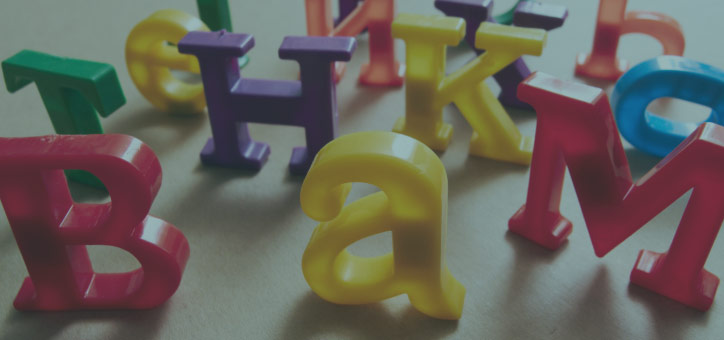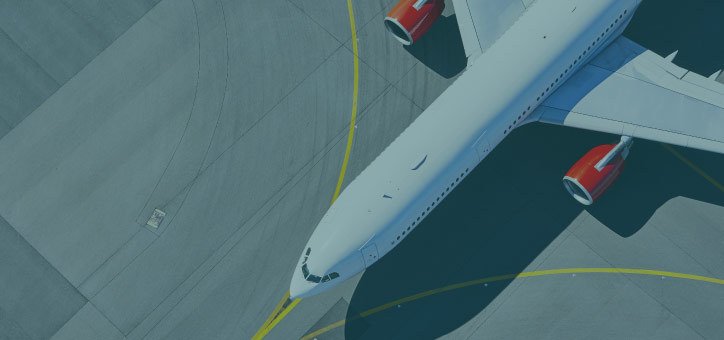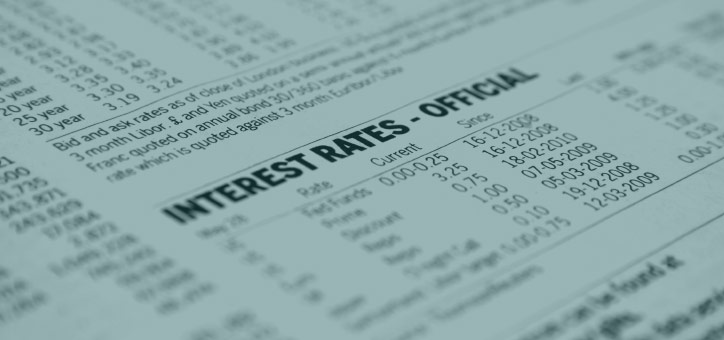Education matters, always. It matters when you’re three, it matters when you’re 30, and it even matters when you’re 80. But research has repeatedly shown that without education in early childhood, one faces limitations for the rest of their lives.
So how can we teach in a way that supports a child’s growth and development? How can we help young children to follow their dreams? What role does experiential learning play in early childhood education? How can a teacher meet the needs of special needs students? You can learn all of this and more with an early childhood education degree.
From preschool teachers to elementary and special education teachers, early childhood education comprises hundreds of thousands of teachers around the world. Some of these educators studied early childhood education, child development, or a related field. Others obtained a bachelor’s degree in a more general field.
But, while there are many ways to get to the same place, we (and more importantly, educational experts) believe that a degree in early childhood development is a critical step that teachers can take to become effective and skilled teachers.
What Do You Learn in Early Childhood Education?
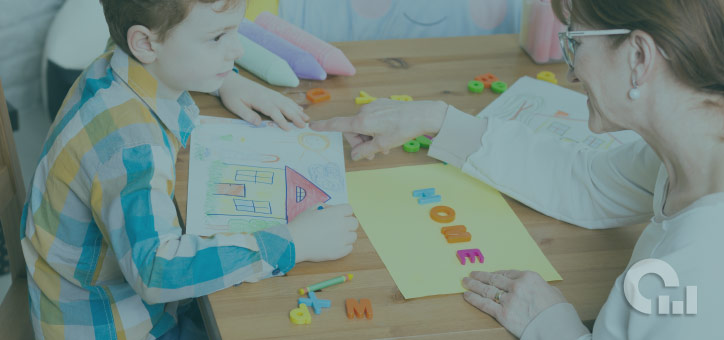
A bachelor’s degree in early childhood education comprises dozens of courses that focus on the theories, research, practices, and field experience of teachers and social workers. Some courses that you may find in an early childhood education program are Play and Learning, Diversity in Home and School, Issues and Trends in Early Childhood Education, Exceptionalities of the Young Child, and Foundations Of Early Childhood Education.
Other courses that may comprise an early childhood education program include Foundations for University Success, Early Childhood Literacy Development, Community and Family Engagement, and Advanced Structured English Immersion Methods.
Some programs in early childhood education are more specialized, with a focus on high achieving students or special education. Others are more general, combining courses that focus on the many young children students teach in the classroom. The point is, an early childhood education degree will give you the tools you need to prosper in the classroom, no matter who your students are and no matter what their capabilities may be.
What Type of Degree in Early Childhood Education Should I Get?

Many prospective students ask this question but the answer isn’t so straightforward. First off, do you want to be an educator or a researcher? If you want to be an educator, you may do just fine with a bachelor’s degree in early childhood education.
But some states require students to have a master’s to gain a teaching credential or remain employed as a teacher. In that case, you should pursue a master’s degree in early childhood education. Master’s programs are usually shorter and more challenging than bachelor’s degree programs. Some of them require students to complete a thesis, practicum, field experience, or all three to graduate.
If you are interested in education but would rather work as a researcher or professor, then look into pursuing a doctorate degree. Ph.D. programs last anywhere from four to seven years, and they require students to study, research, and often teach as part of their studies.
Professors in early childhood education influence how the next generation of elementary and preschool teachers will educate their students. Researchers, who often work alongside professors and preschool teachers, observe how different practices may improve early childhood education practices. They test these practices on young students and observe teachers using newer and older teaching methods.
Final Thoughts on Early Childhood Education Degrees
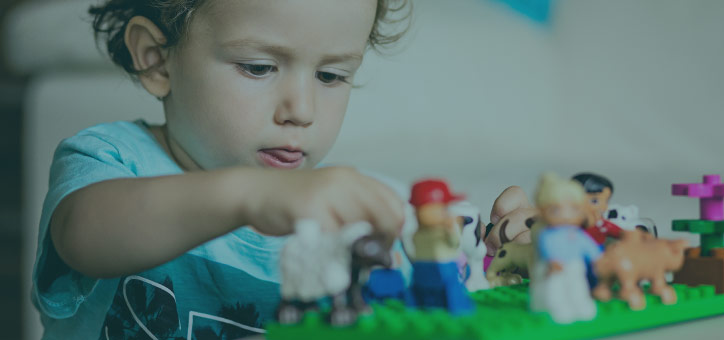
As you can see, there are many paths to take in early childhood education. And as we’ve said, you can be an early childhood educator without explicitly pursuing an early childhood education degree at all. But we do suggest it. These programs offer you the education, theories, and practices not only to work as a teacher but to prosper as one.
Hence, we recommend that you pursue at least a bachelor’s degree in early childhood education. And if your state requires you to have a master’s degree to teach, or if you just want to advance your education in general, a master’s degree in early childhood education will do nothing but help you throughout your career.


